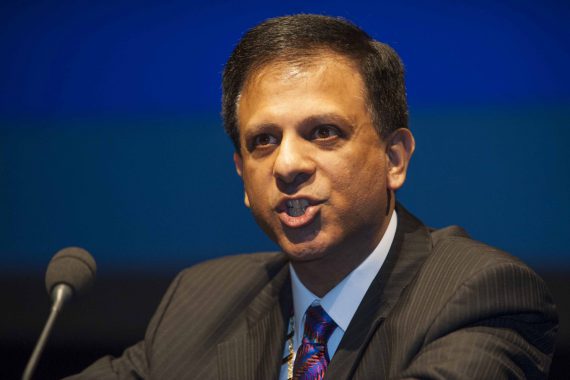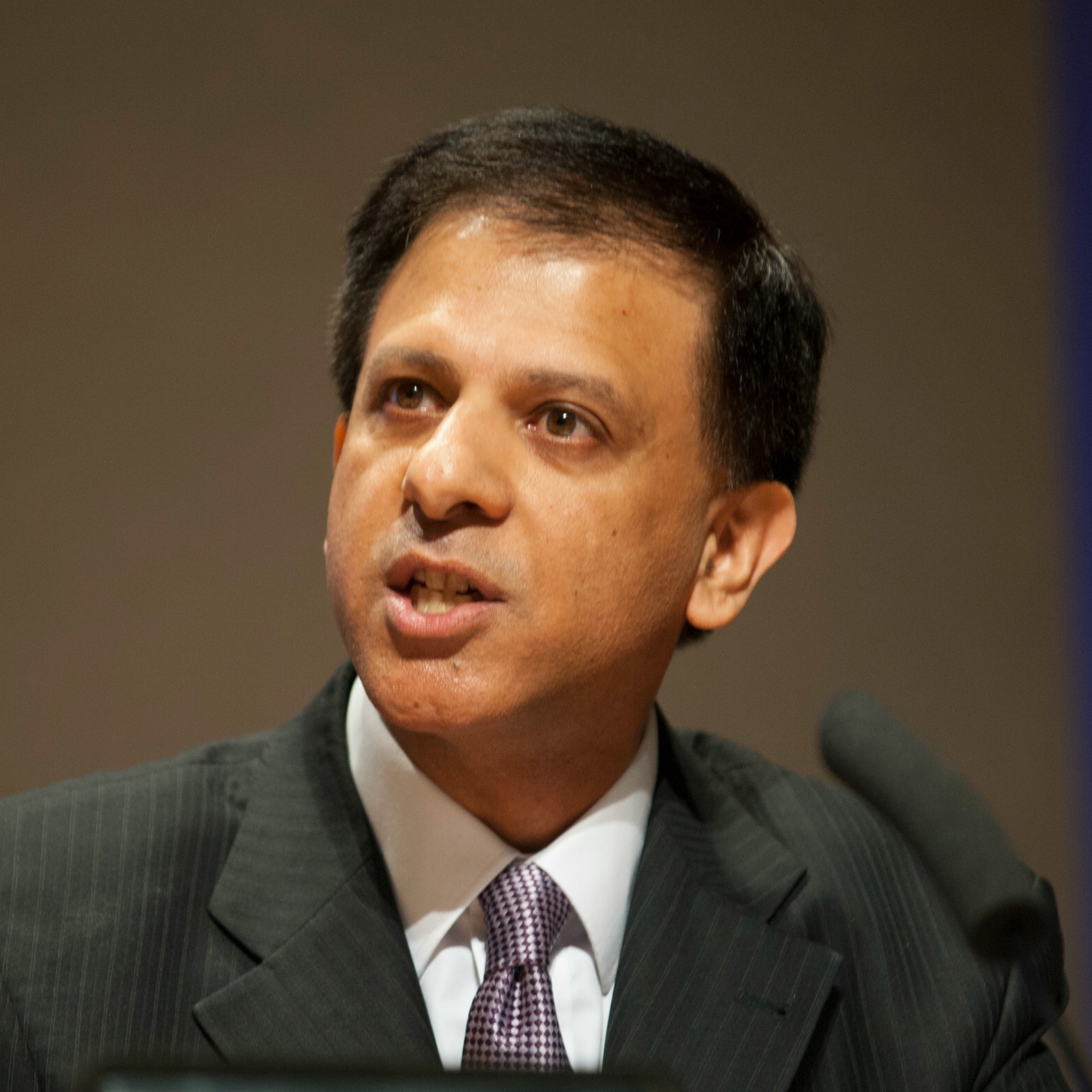Dr Chaand Nagpaul: ‘Actual resignations are a bigger threat’

What made you take the decision?

Dr Chaand Nagpaul – online
It wasn’t just the letter. The letter in a way summarised NHS England’s position, but we have had considerable dialogue with NHS both in terms of implementing the GP Forward View and the Urgent Prescription for General Practice, which is our priority.
Many of our proposals were already in the GP Forward View. [Of those that aren’t], many are embryonic, they are in a form of bullet points, and they are recommendations.
Probably the biggest issue for GPs has been the unfunded, unresourced and inappropriate work of shifting from secondary care to primary care. And NHS England are looking at each and every one of our recommendations and we’re going to have a meeting next month specifically on that aspect of the urgent prescription.
This letter was a formal acceptance, but it came on the back of very real dialogue around the Urgent Prescription priorities.
The GPC collectively met in June and July and this was a decision taken by GPC as a committee.
How are these recommendations going to be implemented, if they are?
There is no magic bullet, there are multiple recommendations and they will all be treated differently.
Some issues will be relating to the contract, some will be relating to the environment of general practice operations, especially around primary/secondary care interface issues, for instance. Some will be about enabling practices to work together. Some will be about managing demand.
So they are all different and we will want to see individual components of change being delivered as time goes on.
Another key feature of this is about empowering the profession itself and enabling GPs to not do unresourced and inappropriate work.
So while the motion has not been taken forward, the spirit of the motion – which is that GPs should work within manageable limits and be able to say no to work they’re not contractually obliged to do – is something we’ll be reinforcing as well.
Would there still be scope for a potential ballot if NHS England don’t accept recommendations?
We are going to survey the profession and those questions will be wide-ranging, what the profession really want to see change, and it will also be very specific around workload issues – how they want to work, contractual capacity etc – so we will get a much more detailed understanding.
There may also be some questions also around testing the mood of the profession within that survey – although we’ve yet to finalise it. There won’t be a question around industrial action but we will be testing the views of the profession.
The second thing to say is that we have received a lot of legal information about what mass resignations would mean and how it would operate. And we’ve also had feedback from up and down the country after the conference.
There’s some very practical and financial reasons for why many GPs would not sign up to undated resignation. We’ve had considerable feedback from LMC meetings etc.
So we’ve now put together for the purposes of LMCs – an internal report about the implications and it’s far more complex. It’s one thing being a conference motion, but people resigning a contract and cease running it is another thing.
Asking the question [about mass resignations] may not have resulted in a huge response, we don’t know.
The issues around resignations are not black and white. There are many GPs who may want to resign their contracts but may not be able to for financial reasons.
There are complexities around salaried GPs, complexities around the large numbers of locum doctors, complexities around partnership agreements and what would be allowed in terms of resignations.
We’ve actually looked into all of that – we’ve had legal advice – and therefore if that question ever is asked in the future it would have to be understood properly. It’s not quite as simple a question as what one had originally imagined.
The question is far more complex than just, ‘would you resign?’, and it depends who is resigning and would they be in a position practically to resign.
What we didn’t want was to ask the simple question that in fact, in many ways we didn’t want to weaken our negotiating position. Not because GPs don’t want to resign, but because maybe the figures wouldn’t capture the fact that there are practical obstacles to resigning from your contract.
How about other forms of industrial action, such as non-engagement with CQC or revalidation?
We have taken legal advice on what the BMA is able to legally support or not. And obviously and unfortunately the legal advice clearly cannot support breaking the law or anything that prevents practices from legally providing services, which is what CQC registration is – it is required in order to provide services at a practice.So we have taken that and provided that information to the LMCs.
But actually there is a considerable amount of action that practices can take that does not break the law, does not breach their contract and some of the simplest things are around making sure that GPs push back and reject work that is not resourced and is not contractually an obligation.
So that is something that we have already highlighted in the past but we will obviously now want to look at supporting practices to do that to a greater degree.
What is going to be your main negotiating push in your recommendations?
The practical endpoint has to be that GPs have to be able to work within safe and practical limits, to have the time, support and infrastructure to provide quality services, and also to be fairly recognised in their jobs for doing so.
At the moment the work for many GPs is the entire opposite and therefore there has to be a multi-pronged approach to enabling that to happen.
What leverage has GPC got if NHS England doesn’t come through with measures that will allow this to happen?
The issue isn’t undated resignations, but dated resignations. Even NHS England’s own commissioned survey shows 38% of GPs will be quitting in the next five years so I don’t think that this is about a threat.
If these changes don’t occur GPs will continue to sign dated resignations which will be a far greater reality than any threats. So that is clearly going to happen and it’s a point that has been made very robustly to NHS England.
All GPs want improvement in their lives and I’m just going to hope that we start off now holding NHS England to account to change the things they said they would change.









